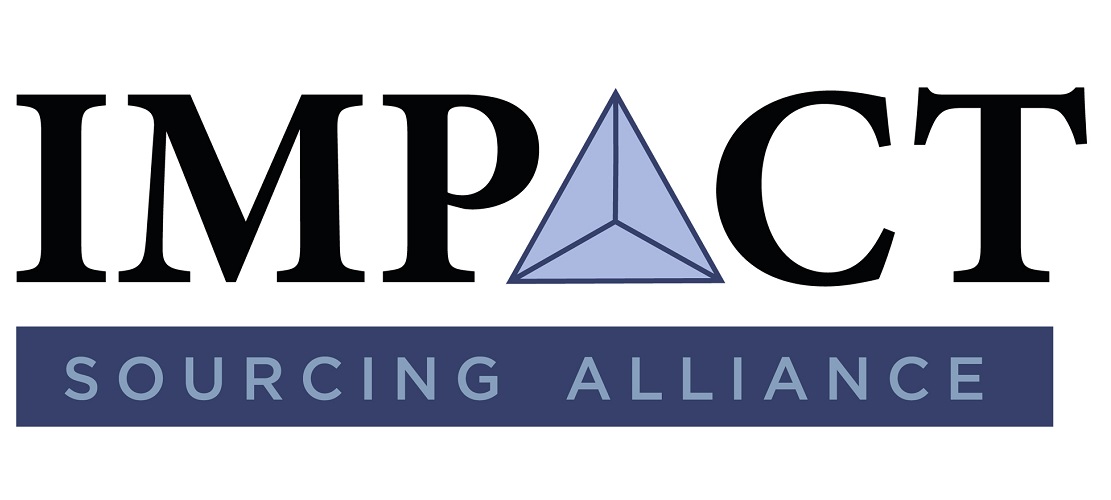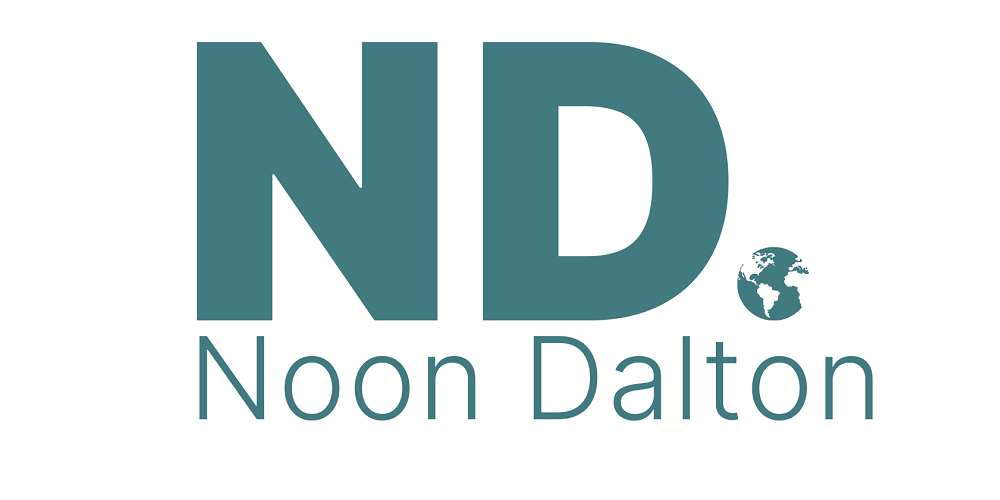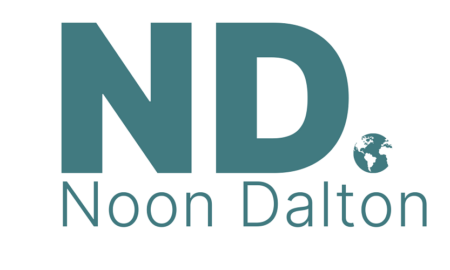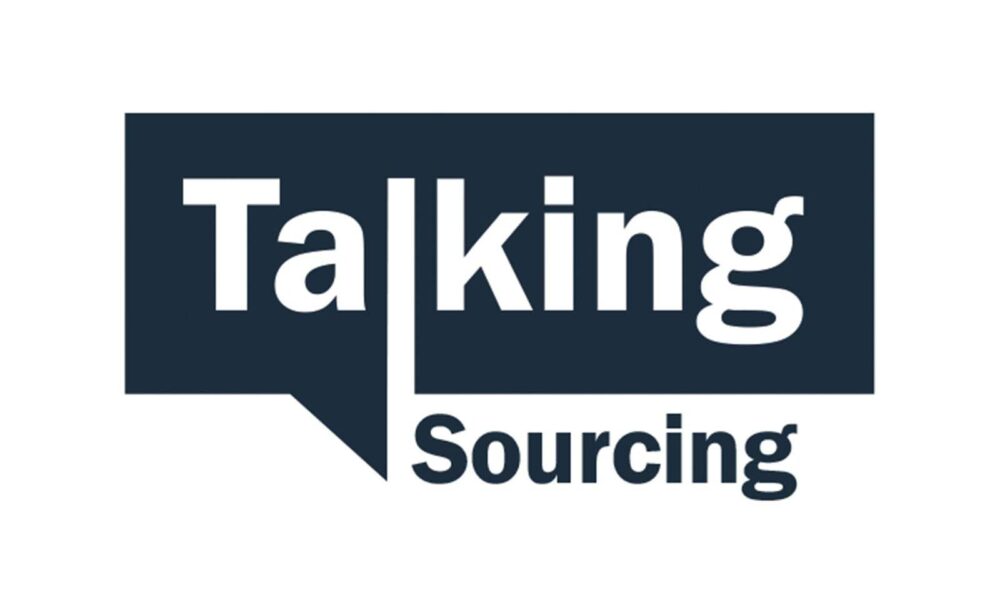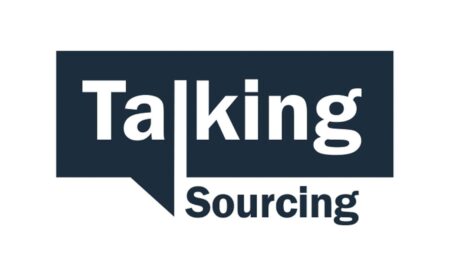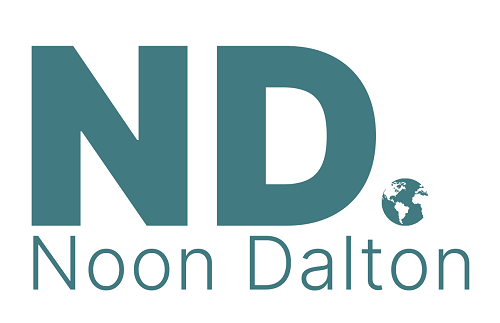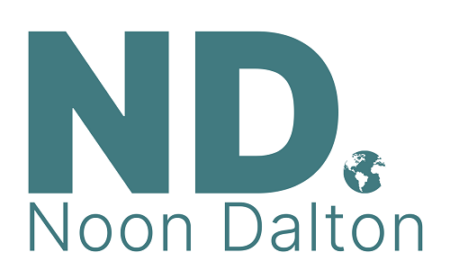Marginalised communities that are typically excluded from employment represent a massive potential workforce. They include people with disabilities, older workers, those living in remote, isolated, or depressed areas, or those who simply lack access to education.
With increased focus on shared value, an inclusive approach and environmental, social, governance (ESG), businesses are looking for both positive financial and social impact in their own practices, and in those of their supply chains.
The impact sourcing model can help business meet and exceed cost and quality objectives, opens up new talent pools that are more loyal – when given a chance – and provides an innovative new offering to clients in an industry looking for innovation.
Traci Freeman, a global business services consultant with a focus on impact sourcing, tells Andrew Wrobel what impact sourcing involves and what benefits it brings for both the organisation and the employee.
She also talks about how impact sourcing can be successfully implemented not only in poorer economies but even in the richest geographies. And finally, about why outsourcing in Ukraine, following Russia’s invasion of the country, contributes to making an impact.

